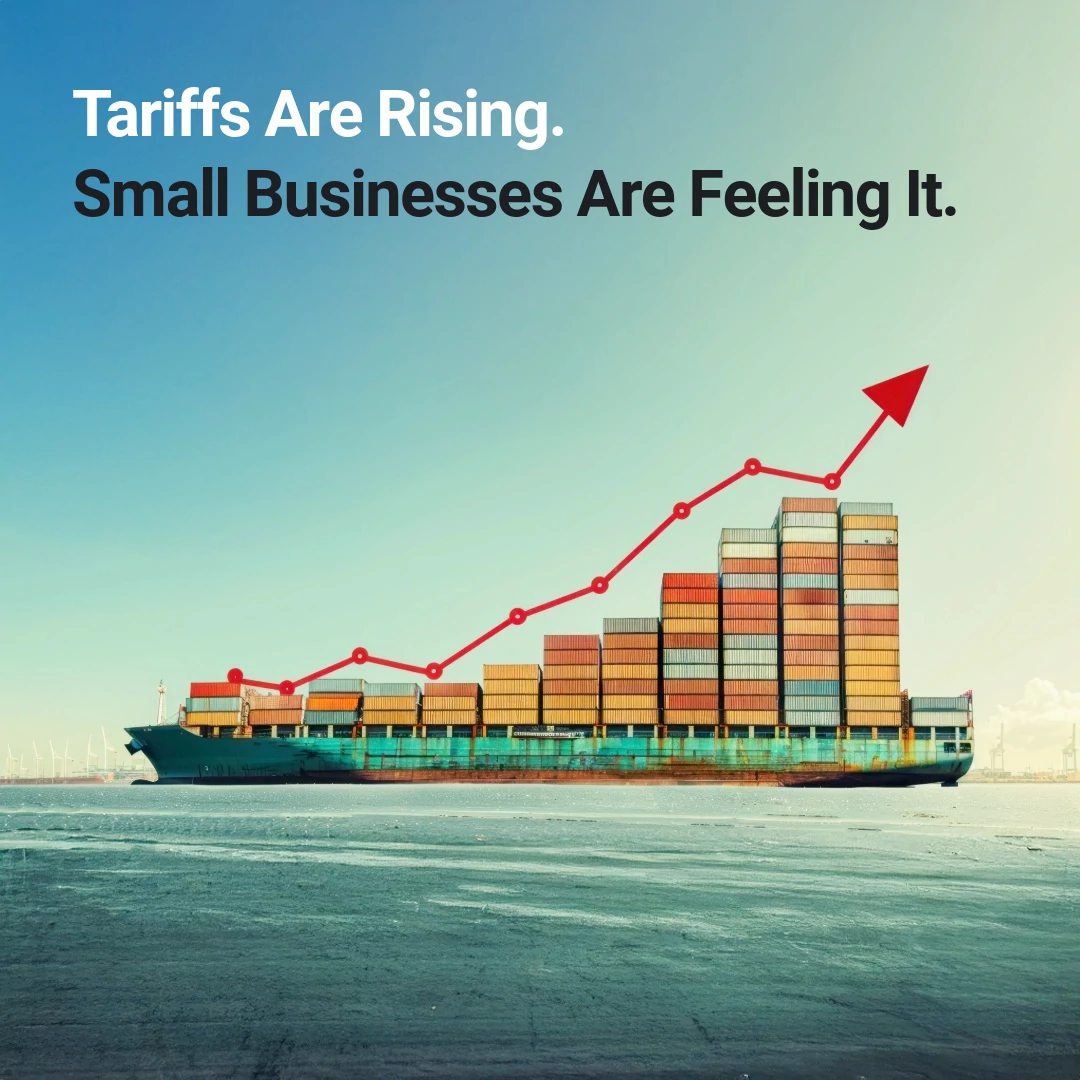
In April 2025, the U.S. government implemented significant tariffs on imported goods, aiming to bolster domestic manufacturing. While the intention was to protect American industries, these tariffs have had profound effects on small businesses across the country.
The Immediate Impact on Small Businesses
1. Increased Costs:
Small businesses that rely on imported materials or products are facing higher costs due to tariffs. For instance, companies importing goods from China have seen tariffs as high as 145%, leading to increased expenses that may not be fully passed on to consumers.
2. Supply Chain Disruptions:
Tariffs have disrupted established supply chains, forcing small businesses to seek alternative suppliers—often at higher costs or with longer lead times.
3. Reduced Profit Margins:
With rising costs and limited ability to increase prices, many small businesses are experiencing squeezed profit margins, making it challenging to sustain operations and invest in growth.
Strategies for Navigating the Tariff Landscape
1. Diversify Supply Chains:
Explore sourcing materials or products from countries not affected by the tariffs or consider domestic suppliers, even if it means adjusting product offerings. One of the concepts discussed in Step 9 of our 9-step process of creating a business that supports you in living a life of meaning is risk management. Having a limited number of key suppliers should be avoided.
2. Reevaluate Pricing Strategies:
Analyze your pricing models to determine if adjustments are necessary to maintain profitability without alienating customers. Lacking a comprehensive forecast (Step 5 of our process) limits a business’s ability to quickly adjust to changing circumstances to maintain or improve profitability.
3. Optimize Operations:
Identify areas where operational efficiencies can offset increased costs, such as automating processes or reducing waste. Creating a culture of continuous improvement (Step 7) before a crisis allows for rapid adjustments when one arises.
4. Seek Expert Advice:
Consult with financial advisors or business consultants to develop strategies tailored to your specific circumstances.
Conclusion
Tariffs in 2025 have introduced new challenges for small businesses, impacting costs, supply chains, and profitability. By proactively adapting to these changes through strategic planning and operational adjustments, small businesses can navigate the complexities of the current trade environment and position themselves for resilience and growth.
For personalized guidance on managing the impact of tariffs on your business, consider booking a discovery call with our team at ProfitArch™. We’re here to help you develop strategies tailored to your unique needs.



